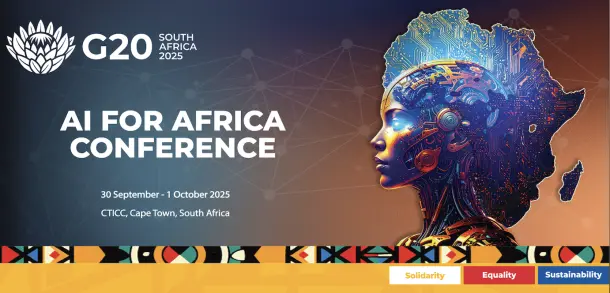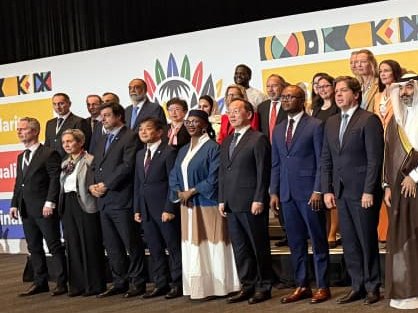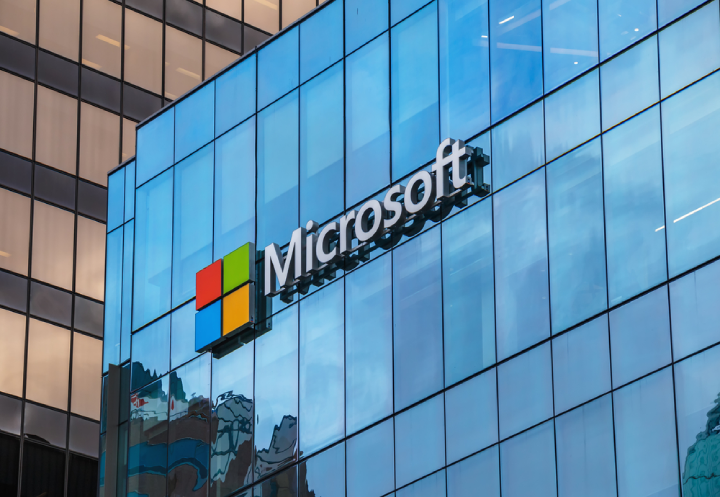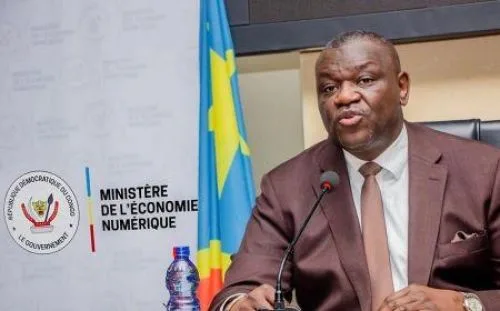GQEBERHA, SOUTH AFRICA — UNESCO has announced an ambitious suite of artificial intelligence initiatives for Africa at this week’s G20 conference, marking a significant step toward bridging the continent’s digital divide while safeguarding human rights in the age of AI.
The United Nations Educational, Scientific and Cultural Organization unveiled plans to train 15,000 civil servants and 5,000 judicial personnel across the continent on AI technologies and their ethical implementation, signaling a major investment in Africa’s digital future.

Unlocking Africa’s AI Potential
The announcement comes at a critical juncture for the continent. While AI could potentially add $2.9 trillion to Africa’s economy by 2030, the continent currently captures just 2.5% of the global AI market and a mere 0.3% of projected worldwide investment, according to conference materials.
The AI in Africa Conference, hosted under the banner “Unlocking AI’s Potential for Africa’s Development and Prosperity,” brought together the South African G20 Presidency, the African Union, UNESCO, and leading multilateral banks and tech organizations to address this stark gap.
Comprehensive Training Initiative
At the heart of UNESCO’s new strategy is a massive capacity-building program designed to ensure that African public sector workers can effectively harness AI technologies while maintaining ethical standards and protecting human rights.
“Today, alongside the African Union and the South African presidency of the G20, we are working to put artificial intelligence at the service of Africa,” UNESCO stated in announcing the initiatives. “Our goal is to spur endogenous momentum” for AI development across the continent.
The training programs will focus on:
- AI governance and policy development
- Ethical AI implementation
- Data privacy and protection
- AI’s role in public service delivery
- Judicial applications of AI technology
Building on UNESCO’s G20 Partnership
As a privileged knowledge partner of the G20 under South Africa’s 2025 presidency, UNESCO has positioned itself as a key player in advancing Africa’s digital transformation agenda. The organization has been supporting the special G20 group on artificial intelligence and innovation for sustainable development.
Earlier this year, UNESCO delivered a workshop in Gqeberha, South Africa, bringing together G20 members, guest countries, and international organizations to accelerate AI capacity building in the public sector.
Addressing Critical Gaps
The initiatives recognize several key challenges facing AI adoption in Africa:
Infrastructure limitations: Currently, only 5% of African talent has access to adequate computing resources, with just 1% having on-premise facilities.
Language barriers: With low literacy rates and connectivity issues in many regions, integrating African languages into AI systems remains a priority. Currently, African low-resource languages are vastly underrepresented in AI training datasets.
Investment shortfall: The continent’s tiny share of global AI investment represents a significant barrier to technological advancement and economic growth.
Long-term Vision
The UNESCO initiatives align with the African Union’s AI Strategy and Data Governance Framework, building on existing efforts to accelerate the continent’s participation in the global AI economy.
Through its Flagship Programme 4 (2022-2029), UNESCO has been supporting Africa in leveraging emerging technologies for sustainable development, including initiatives like African Women in AI and Youth Coding programs that promote inclusive AI growth.
The organization is also advancing ethical frameworks for neurotechnology and other emerging fields, ensuring that human rights remain at the center of technological development.
International Collaboration
The AI in Africa Conference has mobilized support from major international financial institutions, including the African Development Bank and the World Bank, alongside tech innovators and multilateral organizations. This broad coalition reflects growing recognition that Africa’s AI development requires coordinated global support.
UNESCO Director-General Audrey Azoulay, who launched a global reflection on AI ethics in 2018, has made AI governance a cornerstone of the organization’s work, particularly its application in developing regions.
Looking Ahead
The ambitious training programs are expected to roll out over the next three years, with UNESCO working alongside partner organizations such as AI Movement to strengthen capacities of African civil servants on AI and digital transformation.
As digital transformation becomes increasingly central to economic development and governance, the success of these initiatives could prove crucial not only for Africa’s technological future but also for establishing global models of ethical AI implementation that prioritize human rights and sustainable development.
The G20 conference represents a pivotal moment in Africa’s relationship with artificial intelligence — a chance to shape AI development on terms that serve the continent’s unique needs and aspirations rather than simply adapting technologies designed elsewhere.




